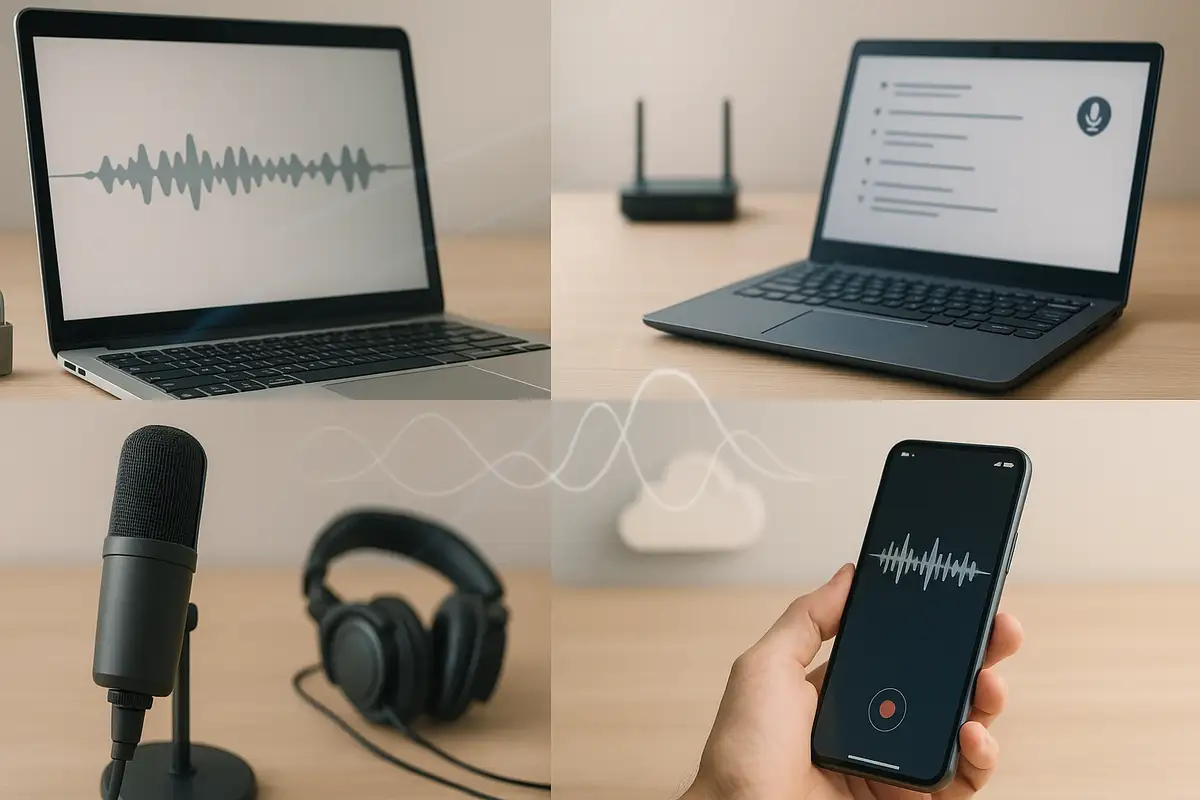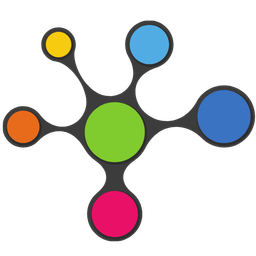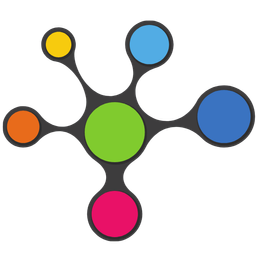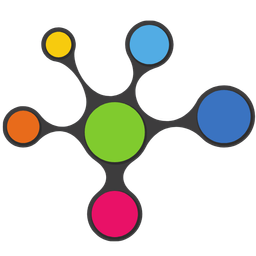💡 TL;DR - The 30 Seconds Version
👉 Microsoft adds Claude Sonnet 4 and Opus 4.1 to Microsoft 365 Copilot alongside OpenAI, breaking exclusive dependence on its $13 billion AI partner.
🏭 Rollout starts with Frontier Program today, preview across all environments within two weeks, and production readiness by year-end.
📊 Available in Researcher agent and Copilot Studio for building custom AI agents, with admin opt-in required and Claude models hosted outside Microsoft.
🔄 GitHub Copilot in Visual Studio Code already "primarily relies on Claude Sonnet 4" for automatic model selection since last week.
⚖️ OpenAI remains the default for new agents with automatic fallback, while Claude becomes selectable alternative—strategic insurance without partnership breakup.
🌍 Move operationalizes CEO Satya Nadella's prediction that AI models are becoming commodities while value shifts to orchestration and workflows.
A week after favoring Claude in parts of its developer stack, Microsoft is putting Anthropic inside Office. The company is adding Claude Sonnet 4 and Opus 4.1 to Microsoft 365 Copilot, alongside OpenAI—an expansion confirmed in Microsoft’s model-choice announcement for Microsoft 365 Copilot.
What’s actually new
Claude shows up in two places to start: the Researcher agent and Copilot Studio. Researcher can now run Anthropic’s Opus 4.1 for long, multi-step work, and Copilot Studio adds Sonnet 4 and Opus 4.1 as selectable back-end models for building agents. It is real model choice, not a rebrand.
Rollout is staged. Organizations with Microsoft 365 Copilot licenses can opt in through the Frontier program today. Admins must explicitly enable Anthropic, and the models are hosted outside Microsoft-managed environments under Anthropic’s terms. That opt-in gate matters.
How the Copilot Studio timeline works
On the Studio side, Microsoft says Anthropic support is available in early-release environments now, will hit preview across all environments within two weeks, and be production-ready by year-end. OpenAI remains the default for new agents; Anthropic is a selectable alternative, with automatic fallback to OpenAI if Anthropic is later disabled. Straightforward knobs, clear defaults.
The performance-versus-partnership tension
Microsoft has already started routing some workflows to Claude. In Visual Studio Code, GitHub Copilot’s automatic selection now “primarily relies on Claude Sonnet 4,” and reporting suggests Claude has outperformed OpenAI in specific Office tasks like PowerPoint and Excel. Yet Microsoft keeps OpenAI as the default in Studio and frames Anthropic as additive. That’s the compromise.
There’s also cloud politics. Microsoft accesses Claude via Anthropic’s API and, today, those models run off Microsoft’s cloud. The company previously struck a deal to host xAI’s Grok 3 on Azure, so the door is open for future hosting shifts. For now, Microsoft accepts the cross-cloud trade-off to get the tool it wants. Pragmatism wins.
The diversification calculus
This is strategic insurance. A multi-model Copilot reduces single-vendor risk, gives Microsoft pricing leverage, and lets customers route tasks to whichever model performs best. It also aligns Copilot with Azure’s broader “many models” posture, where Microsoft already courts third-party systems alongside OpenAI. The marketplace logic is familiar from cloud. Choice sells.
Anthropic gains distribution into the world’s default office suite. Microsoft retains its deep OpenAI ties while signaling it will not be captive to one supplier. And customers get options inside a single pane of glass instead of juggling vendors across tools. Everyone hedges.
Enterprise reality check
Model choice doesn’t fix adoption friction by itself. Enterprises still face data-governance prep, enablement, cost, and ROI proof. Admin controls and opt-in programs are designed to de-risk those rollouts, but they also slow them. The knobs are necessary. They add complexity.
The commodity thesis gets real
Satya Nadella has argued that models are drifting toward commodity status while value shifts to orchestration, security, data access, and agent workflows. Putting a rival’s frontier model beside OpenAI inside Copilot operationalizes that claim. The interface, not the idol, becomes the moat. That’s the tell.
Limits and open questions
Some basics are unresolved. Anthropic hosting sits outside Microsoft’s cloud today, which can trigger policy reviews for regulated tenants. Default routing still favors OpenAI in Studio, so benchmarking and governance need owner attention. And Microsoft will keep tuning its own stack, including where—and when—to host partners’ models closer to home. Watch those dials.
Why this matters
- Partnership fluidity: By slotting Claude next to OpenAI, Microsoft normalizes a multi-model Copilot and reduces single-supplier risk without blowing up its biggest AI alliance.
- Customer leverage: Enterprises can route tasks to the best performer per workflow, but must own the trade-offs in cost, governance, and routing complexity. Benchmarks now matter more than brands.
❓ Frequently Asked Questions
Q: Does adding Claude models cost extra for Microsoft 365 Copilot customers?
A: Microsoft hasn't disclosed separate pricing for Claude access. Current Microsoft 365 Copilot licenses include the opt-in capability, but organizations must explicitly enable Anthropic models through admin settings. Usage runs on Anthropic's infrastructure under their terms, which may have different cost structures than Microsoft's OpenAI integration.
Q: How does this affect Microsoft's $13 billion partnership with OpenAI?
A: The partnership remains intact. Microsoft retains exclusive rights to OpenAI's API distribution and continues as OpenAI's primary cloud provider. OpenAI models remain the default in Copilot Studio, with automatic fallback if Claude is disabled. Both companies are simultaneously diversifying—OpenAI recently signed $300 billion in new partnerships with Oracle, Broadcom, and Nvidia.
Q: What's the technical difference between Claude and GPT models for business users?
A: Microsoft's internal testing reportedly showed Claude outperforming GPT models in Excel and PowerPoint tasks. Claude Opus 4.1 specializes in deep reasoning and complex research workflows, while Claude Sonnet 4 handles general business tasks. GitHub Copilot already "primarily relies on Claude Sonnet 4" for coding assistance, suggesting superior performance in structured tasks.
Q: Will Claude models expand beyond Researcher and Copilot Studio?
A: Yes, but no timeline specified. Charles Lamanna stated "Anthropic models will bring even more powerful experiences to Microsoft 365 Copilot." Reports suggest Excel and PowerPoint integration is planned. The current rollout represents a controlled test before broader Office application integration, following Microsoft's typical enterprise deployment pattern.
Q: Why are Claude models hosted outside Microsoft's cloud infrastructure?
A: Microsoft accesses Claude via Anthropic's API, with models running on Amazon Web Services and Google Cloud—Microsoft's main cloud competitors. This mirrors how Microsoft previously hosted xAI's Grok 3 on Azure for broader access. The arrangement prioritizes model performance over cloud politics, though future Azure hosting remains possible as partnerships evolve.
















